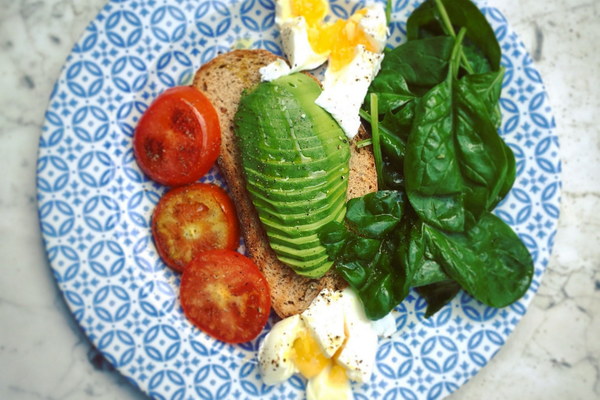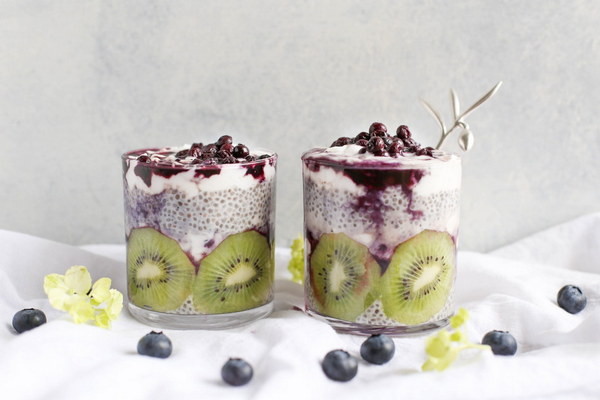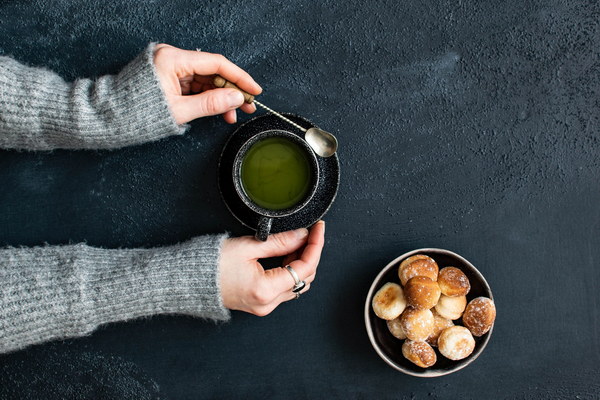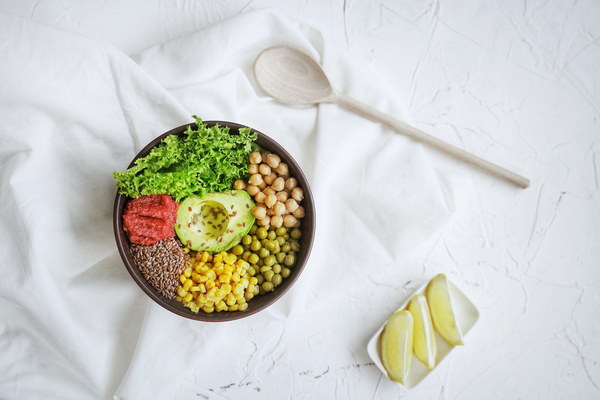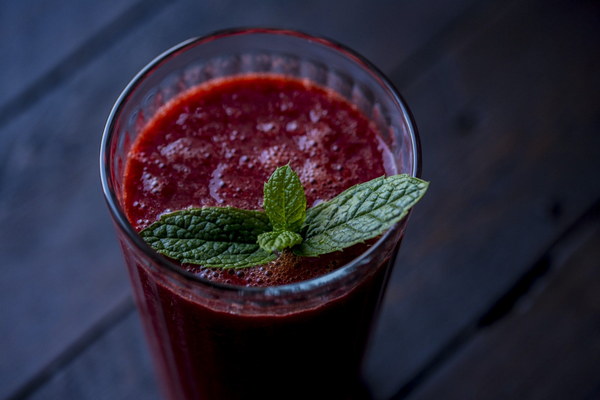Boost Your Beauty Can Iron Supplements Really Nourish Your Complexion
Iron is a vital nutrient that plays a crucial role in the health of our bodies, including our skin. While it's commonly known that iron is essential for our red blood cells to carry oxygen, many people are unaware that it can also have a significant impact on our skin's health and appearance. The question that often arises is: Can iron supplements really nourish your complexion? Let's delve into the topic and uncover the truth behind this question.
Firstly, it's important to understand that iron is a mineral that is present in the hemoglobin of red blood cells, which is responsible for transporting oxygen to various parts of the body. When iron levels are low, it can lead to anemia, a condition where the body doesn't have enough healthy red blood cells to carry oxygen to the body's tissues. Anemia can manifest in various ways, one of which is skin issues.
When your iron levels are low, your skin may appear pale, dry, and lackluster. This is because the skin cells are not receiving enough oxygen, which is essential for maintaining a healthy and radiant complexion. Therefore, it's no surprise that many people turn to iron supplements in the hopes of improving their skin's appearance.

Iron supplements can indeed help nourish your complexion in several ways:
1. Increased Oxygen Supply: As mentioned earlier, iron is essential for transporting oxygen to the body's tissues. By increasing your iron levels, you can ensure that your skin cells receive adequate oxygen, which is crucial for maintaining a healthy, glowing complexion.
2. Enhanced Collagen Production: Iron is also essential for the production of collagen, a protein that provides structure and elasticity to the skin. By ensuring your iron levels are sufficient, you can support collagen production and promote healthy, youthful-looking skin.
3. Improved Cell Function: Iron plays a vital role in various cellular processes, including the production of energy. When your cells function optimally, they can better repair and regenerate, leading to healthier skin.
4. Reduced Inflammation: Iron deficiency can lead to increased inflammation in the body, which can exacerbate skin conditions like eczema and psoriasis. By addressing iron deficiency, you can help reduce inflammation and improve the overall health of your skin.
However, it's important to note that not all iron supplements are created equal. While some may be beneficial for your skin, others may cause adverse effects. Here are a few tips for choosing the right iron supplement:
1. Consult with a healthcare professional: Before starting any new supplement, it's crucial to consult with a healthcare professional to ensure that it's suitable for your specific needs and health conditions.
2. Opt for heme iron: Heme iron, found in animal products, is more easily absorbed by the body compared to non-heme iron, which is found in plant-based foods. Supplements containing heme iron may be more effective in nourishing your complexion.
3. Look for iron bisglycinate: This form of iron is gentle on the stomach and less likely to cause side effects such as constipation and nausea.
4. Monitor your iron levels: It's important to regularly check your iron levels to ensure that you're not over-supplementing, as excessive iron can be harmful.
In conclusion, iron supplements can indeed help nourish your complexion by ensuring that your skin receives adequate oxygen and supporting healthy collagen production. However, it's crucial to consult with a healthcare professional and choose the right supplement to reap the benefits without experiencing adverse effects. Remember, a well-balanced diet rich in iron can also contribute to your skin's health, so consider incorporating iron-rich foods into your diet alongside any supplements you choose to take.
